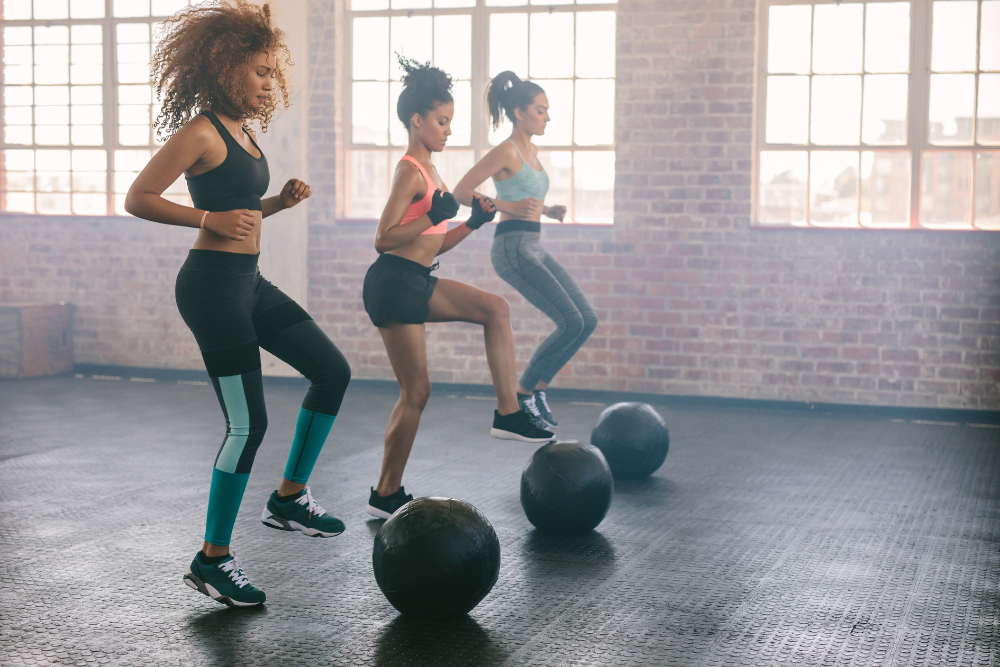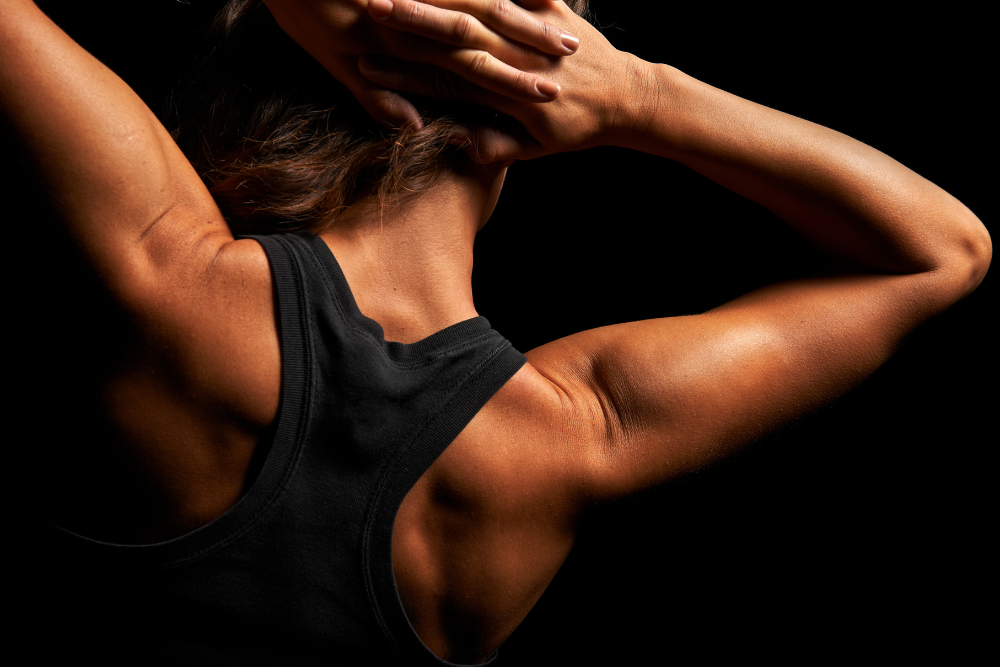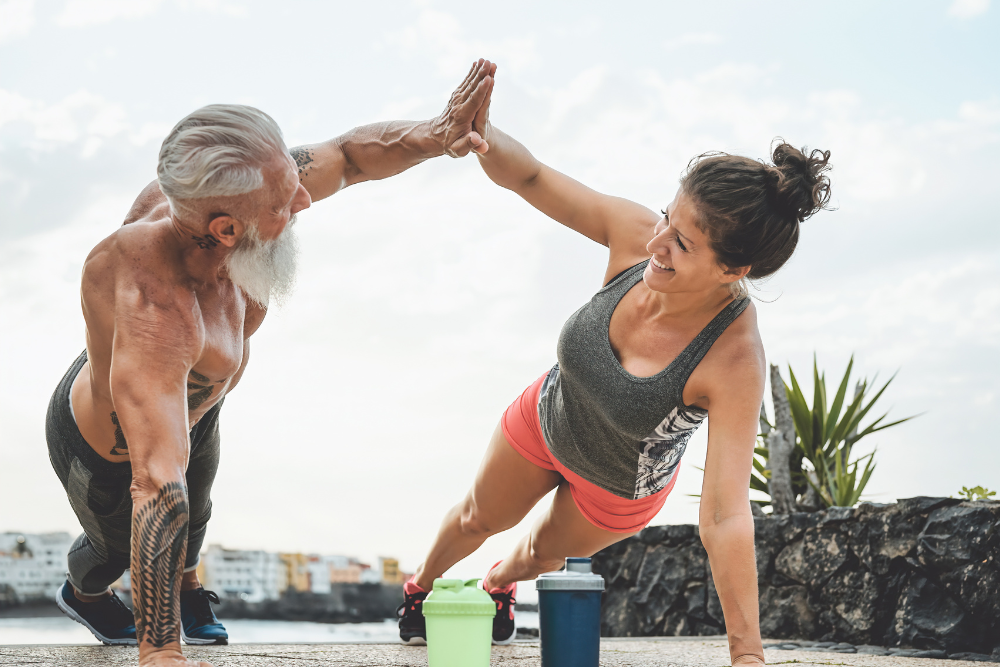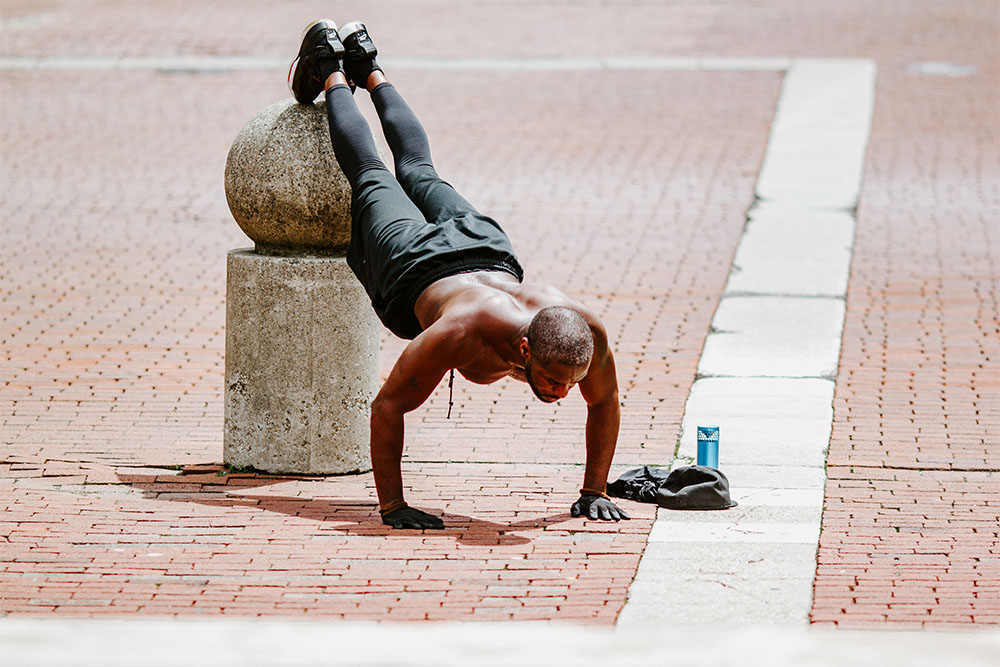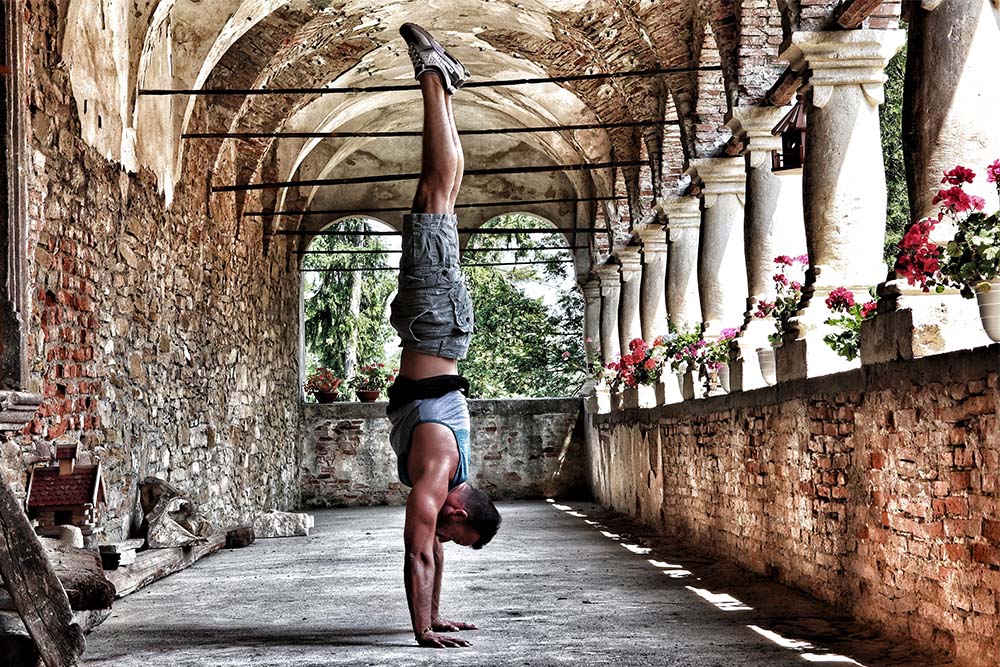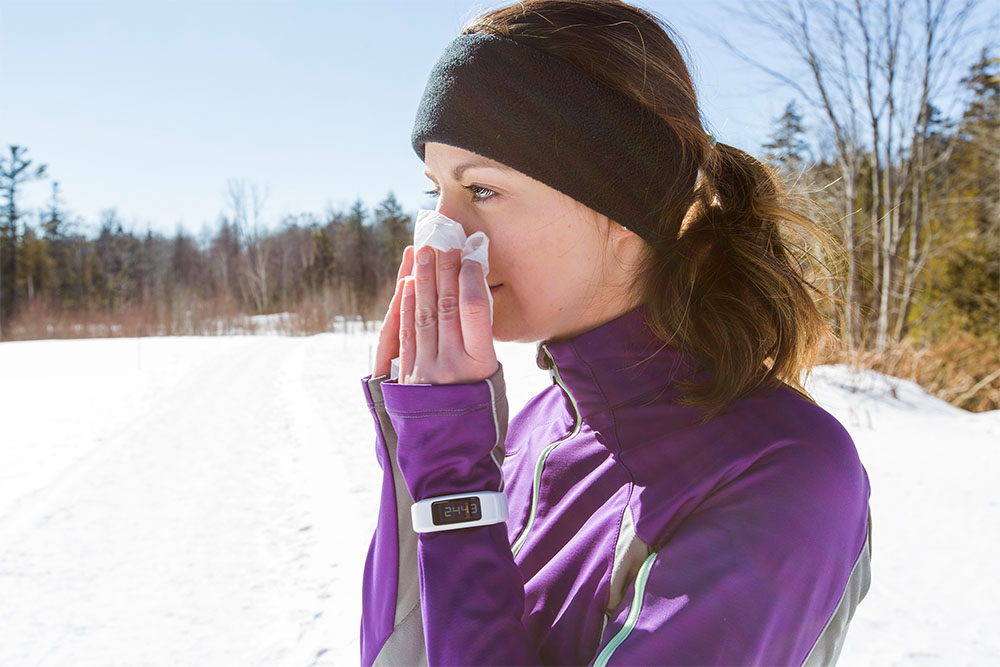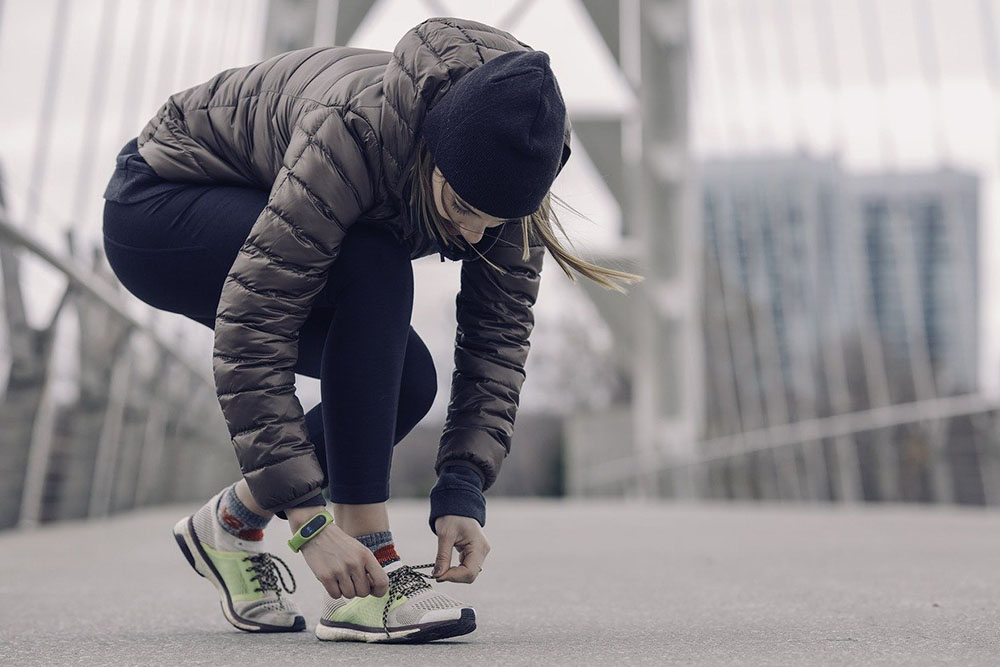Gluten-Free Diet and Exercise

Dayton Kelly
This article was adapted from a combination of speeches given at the European Sports Science Conference 2018, most notably Dana Lis (University of California, US).
Going gluten-free has become a sensationalized diet plan that many people and increasingly, athletes, have adopted (Lis D. M., Stellingwerff, Shing, Ahuja, & Fell, 2015). In fact, 41% of athletes report following a gluten-free diet at least 50% of the time (Lis D. M., Stellingwerff, Shing, Ahuja, & Fell, 2015). However, only an estimated 5-10% of the population has clinical aversions to gluten; owing to diseases such as coeliac disease, wheat allergies, or gluten sensitivity (Lis D. M., Stellingwerff, Shing, Ahuja, & Fell, 2015; Hadjivassiliou, et al., 2010). Thus, a huge number of athletes follow a gluten-free diet despite having no formal medical diagnosis (Lis D. M., Stellingwerff, Shing, Ahuja, & Fell, 2015). Athletes may make thi s dietary change for several different reasons including the beliefs that a gluten-free diet improves performance, reduces fatigue, improves psychological well-being, and reduces inflammation (Lis D. M., Stellingwerff, Shing, Ahuja, & Fell, 2015). However, the primary reason reported by athletes making this change is to avoid gastrointestinal distress during exercise (Lis D. M., Stellingwerff, Shing, Ahuja, & Fell, 2015).
s dietary change for several different reasons including the beliefs that a gluten-free diet improves performance, reduces fatigue, improves psychological well-being, and reduces inflammation (Lis D. M., Stellingwerff, Shing, Ahuja, & Fell, 2015). However, the primary reason reported by athletes making this change is to avoid gastrointestinal distress during exercise (Lis D. M., Stellingwerff, Shing, Ahuja, & Fell, 2015).
Gastrointestinal distress during exercise is an important problem in endurance athletics affecting 15-30% of individuals (Lis D. M., Stellingwerff, Shing, Ahuja, & Fell, 2015). The need to excrete waste during competition implicates obvious declines in time trial performance when individuals need to stop to use the washroom or otherwise continue competition uncomfortable: even gut discomfort itself causes poorer endurance performance (O’Brien & Rowlands, 2010). While the benefit of gluten avoidance to gastrointestinal symptoms in clinical populations is well documented (Sapone, et al., 2011; Harris & Meyer, 2013), there is little available research to assess whether this effect is preserved in individuals who do not demonstrate clinically detectable aversions to gluten. However, 84% of athletes who restrict gluten in their diets for performance purposes, report noticeable improvements (Lis D. M., Stellingwerff, Shing, Ahuja, & Fell, 2015). This bears the question: should or should not athletes be ascribing to a gluten-free diet?
Related post: Effect of Gluten-Free Diet On Endurance Performance
What is gluten and how could avoiding its consumption benefit my athletic performance?
Gluten is a protein found in wheat and other grain products (Harris & Meyer, 2013) The most plausible benefit of avoiding gluten is to reduce symptoms of gastrointestinal distress during exercise which occurs in gluten sensitive individuals. Not all of the gluten’s broken-down constituents are readily absorbed across the wall of the gut and into the bloodstream. As they are osmotically active (can alter water movement within the body), it is possible that they act to draw water into the gut and cause diarrhea and cramping during exercise. High-intensity exercise diverts blood flow from the gastrointestinal system, resulting in poor oxygenation and inflammation (Lis D. , Stellingwerff, Kitic, Ahuja, & Fell, 2015). This inflammation enhances the permeability of the gut, making exercise a particularly sensitive time for the gastrointestinal system (Lis D. , Stellingwerff, Kitic, Ahuja, & Fell, 2015). In this manner, some individuals may experience gastrointestinal symptoms during exercise after consuming a lot of gluten in their diet, however, this mechanism remains hypothetical.
Could avoiding gluten harm my athletic performance?
 Gluten is ubiquitous in the foods we eat; it can be very difficult to find foods that do not contain any gluten at all (Harris & Meyer, 2013). For this reason, it may be hard for athletes to adequately fuel themselves for performance and ensure proper recovery if they cannot eat the foods available to them (Harris & Meyer, 2013; Gaesser & Angadi, 2012). Regardless of whether gluten does induce gastrointestinal symptoms if its avoidance leads to overtraining and/or attenuated training adaptations due to inadequate calorie consumption, a gluten-free athlete will be unable to keep up with the competition. Engaging in a gluten-free diet increases the likelihood of B vitamin (B1, B2, and B3), iron, and fiber deficiency (Lis D. , Stellingwerff, Kitic, Ahuja, & Fell, 2015; Gaesser & Angadi, 2012). Further, it can cost 242% the amount of a regular calorically equivalent diet (Gaesser & Angadi, 2012; Lis D. , Stellingwerff, Kitic, Ahuja, & Fell, 2015). Thus, the individual on a gluten-free diet must be careful to properly fuel their training.
Gluten is ubiquitous in the foods we eat; it can be very difficult to find foods that do not contain any gluten at all (Harris & Meyer, 2013). For this reason, it may be hard for athletes to adequately fuel themselves for performance and ensure proper recovery if they cannot eat the foods available to them (Harris & Meyer, 2013; Gaesser & Angadi, 2012). Regardless of whether gluten does induce gastrointestinal symptoms if its avoidance leads to overtraining and/or attenuated training adaptations due to inadequate calorie consumption, a gluten-free athlete will be unable to keep up with the competition. Engaging in a gluten-free diet increases the likelihood of B vitamin (B1, B2, and B3), iron, and fiber deficiency (Lis D. , Stellingwerff, Kitic, Ahuja, & Fell, 2015; Gaesser & Angadi, 2012). Further, it can cost 242% the amount of a regular calorically equivalent diet (Gaesser & Angadi, 2012; Lis D. , Stellingwerff, Kitic, Ahuja, & Fell, 2015). Thus, the individual on a gluten-free diet must be careful to properly fuel their training.
Related Post: Exercise & Celiac Disease
What’s the verdict?
In a randomized controlled trial, 13 healthy participants consumed a gluten-free diet with either a gluten-containing or gluten free snack for 7 days and performed an endurance time trial task (Lis D. , Stellingwerff, Kitic, Ahuja, & Fell, 2015). After 10 days post-testing, the same participants switched snacks to the snack not previously consumed for 7 days and performed testing again (Lis D. , Stellingwerff, Kitic, Ahuja, & Fell, 2015). No difference in time trial performance, GI symptoms, perceived feelings of wellness, or markers of intestinal injury were found between periods when athletes were gluten-free or eating a gluten-containing diet (Lis D. , Stellingwerff, Kitic, Ahuja, & Fell, 2015). Thus, a gluten-free diet appears neither beneficial nor harmful provided athletes consume adequate amounts of food and effectively combat nutrient deficiencies.
If I do decide to go gluten-free, what nutrients should I make sure I am not missing in my diet?
The most common nutrient deficiencies that occur when following a gluten-free diet are too little B vitamins (B1, B2, and B3), iron, and fiber (Lis D. , Stellingwerff, Kitic, Ahuja, & Fell, 2015; Gaesser & Angadi, 2012). The following foods are gluten-free friendly, and contain these often-missing nutrients:
B vitamins – Beans, squash, and potatoes (B1); milk, yogurt, meat, almonds, and soy nuts (B2); and poultry, fish, dairy, mushrooms, peanuts, and beans (B3).
Iron – Beef, turkey, oysters, soybeans, legumes, and tuna.
Fiber – Beans, legumes, broccoli, sweet potatoes, and corn.
The Takeaway
Whether to follow a gluten diet should be a decision of personal preference and should not be undergone for the purposes of improving athletic performance. Engaging in a gluten-free diet neither harms nor benefits performance outcomes or gastrointestinal symptoms in individuals without clinical aversions to gluten (Lis D. , Stellingwerff, Kitic, Ahuja, & Fell, 2015). However, there is an important asterisk. Gluten-free diets tend to remove another dietary element that has demonstrated effects on performance. This fact may explain why many athletes avoid gluten to some extent and believe this improves their performance. Read the follow-up article here to learn why FODMAPs may explain the perceived benefit of a gluten-free diet!
References
Gaesser, G. A., & Angadi, S. S. (2012). Gluten-free diet: Imprudent dietary advice for the general population? Journal of the Academy of Nutrition and Dietetics, 112(9), 1330-1333. doi:https://doi.org/10.1016/j.jand.2012.06.009.
Hadjivassiliou, M., Sanders, D. S., Grünewald, R. A., Woodroofe, N., Boscolo, S., & Aeschlimann, D. (2010). Gluten sensitivity: From gut to brain. The Lancet Neurology, 9(3), 318-330. doi:https://doi.org/10.1016/S1474-4422(09)70290-X.
Harris, M. M., & Meyer, N. (2013). Go gluten-free: Diets for athletes and active people. ACSM’s Health & Fitness Journal, 17(1), 22-26. doi:10.1249/FIT.0b013e3182798371.
Lis, D. M., Stellingwerff, T., Shing, C. M., Ahuja, K. D., & Fell, J. W. (2015). Exploring the popularity, experiences, and beliefs surrounding gluten-free diets in nonceliac athletes. International Journal of Sport Nutrition and Exercise Metabolism, 25(1), 37-45. doi:https://doi.org/10.1123/ijsnem.2013-0247.
Lis, D., Stellingwerff, T., Kitic, C. K., Ahuja, K. D., & Fell, J. (2015). No effects of a short-term gluten-free diet on performance in nonceliac athletes. Medicine and Science in Sports and Exercise, 47(12), 2563-2570. doi:10.1249/MSS.0000000000000699.
O’Brien, W. J., & Rowlands, D. S. (2010). Fructose-maltodextrin ratio in a carbohydrate-electrolyte solution differentially affects exogenous carbohydrate oxidation rate, gut comfort, and performance. American Journal of Physiology-Gastrointestinal and Liver Physiology, 300(1), 181-189. doi:https://doi.org/10.1152/ajpgi.00419.2010.
Sapone, A., Lammers, K. M., Casolaro, V., Cammarota, M., Giuliano, M. T., De Rosa, M., . . . Esposito, P. (2011). Divergence of gut permeability and mucosal immune gene expression in two gluten-associated conditions: Celiac disease and gluten sensitivity. BMC medicine, 9(1), 23. doi:https://doi.org/10.1186/1741-7015-9-23.
You Might Like:



